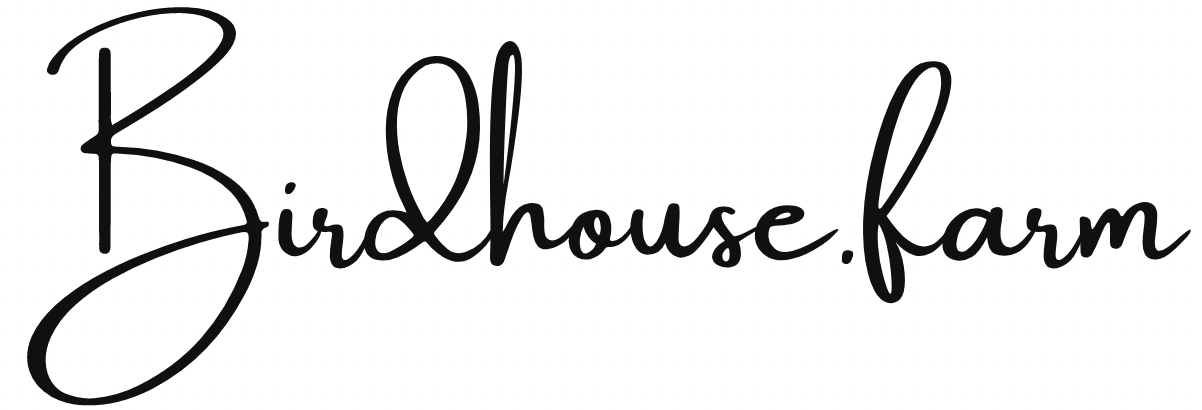Brighten Up Winter: How to Use Food Coloring to Color Snow
Winter brings a blanket of white, but who says snow has to stay plain? With a little creativity and a few drops of food coloring, you can transform your snowy yard into a colorful masterpiece. Whether you're entertaining kids, creating winter art, or just adding a pop of color to a gray day, coloring snow is a simple, fun activity for all ages.
What You'll Need:
Clean snow: Freshly fallen snow works best.
Food coloring: Liquid or gel food coloring in your choice of colors.
Spray bottles, squirt bottles, or droppers: These help with even application.
Water: To dilute the food coloring.
Optional tools: Cookie cutters, stencils, or molds for creating shapes.
How to Color Snow
Prepare Your Colors:
Fill spray bottles or squirt bottles with water.
Add a few drops of food coloring to each bottle. The more coloring you add, the more vibrant the colors will be.
Shake well to mix.
Find Your Canvas:
Head outside to a patch of clean snow. Choose a flat surface for easy decorating.
Spray, Squirt, or Drip:
Use your prepared bottles to spray or squirt the colored water onto the snow. Experiment with patterns, mixing colors, or even drawing pictures.
For fine details, use a dropper or small brush to apply color precisely.
Add Creative Shapes:
Pack snow into cookie cutters or molds, then add color for fun, shaped designs.
Use stencils to create intricate patterns or themed decorations.
Fun Ideas to Try
Rainbow Pathways: Spray stripes of color along pathways or snowbanks to create a vibrant rainbow effect.
Snow Art Gallery: Challenge your family or friends to create colorful snow paintings.
Themed Decor: Use colors to design snow sculptures for holidays or special occasions.
Glow Snow: Mix neon food coloring with water and use it under black light for nighttime fun.
Tips for Success
Test your colors on a small patch of snow to ensure the desired shade.
Dress warmly, as you'll spend time outside creating.
Avoid over-saturating the snow, as too much water can cause it to melt.
Keep a towel or gloves handy for cleaning up any food coloring spills.
Is It Safe?
Food coloring is non-toxic and generally safe for outdoor use. However, if you’re using it in areas where pets or wildlife may interact with the snow, stick to natural or plant-based dyes as a precaution.
A Colorful Winter to Remember
Using food coloring to color snow is a magical way to brighten winter days. Whether you’re making art, entertaining kids, or just looking to add a little whimsy to the season, this activity is bound to leave lasting memories—and maybe even inspire a neighborhood trend!
So grab some food coloring and turn your snowy world into a vibrant winter wonderland.
